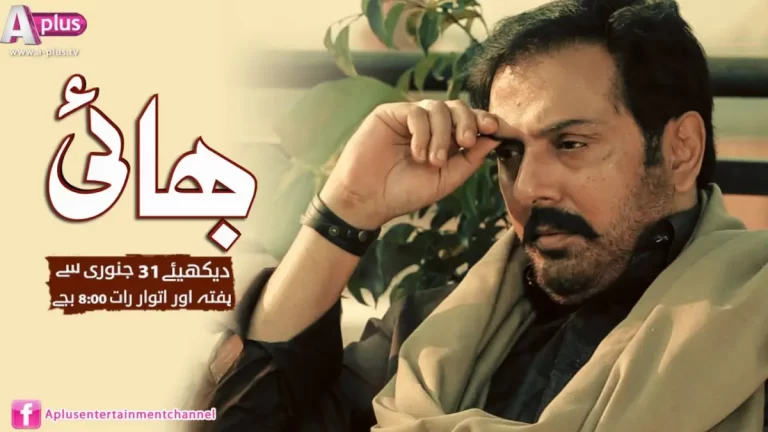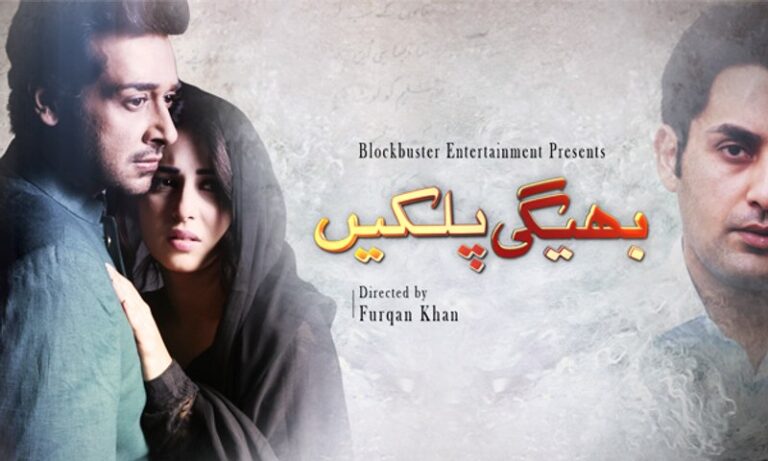Unfortunately for Mansoor, sab theekh nahin hai. Things are shaking up and his cool, calm demeanour is shaken and the chinks in his armour are showing. He fails to understand Laila’s desire and need to gain a financial foot hold and puts it down to blackmail.
For one as entitled as he is his world is marked by social standings and expectations – to be a provider for his wife and maintain appearances which then gives him the right to do as he pleases.
Peeling the layers and looking into his motivations, don’t reveal, or redeem him much. He finally says what Kuku has known all along that he won’t risk the status quo for her. Uski bachkani baatien ek jhalak mein bewakoofi ki baatien ho gayein. Cajole her as he may, this may have been the last straw for Kuku.
Sohail Sameer plays this unlikeable representation of the male patriarchy with gruffness and unapologetic authority, which makes me dislike Mansoor but admire Sameer’s playing of the character.
The one challenging him squarely is his wife Laila. We see her coming into her own – forging ahead with her plans despite her husband’s attitude, her saas’s annoyance as well as her own mother’s discomfort. Laila neither explains herself nor seeks permission even though she loses the one person who was the wind beneath her wings, his loss strengthens her even more.
Bahadur hi nahin kush bhi dekhna jahta hoon.
How often do we tell our daughters to be brave and stay the course, at whatever cost, even at the greatest cost of their happiness.
Laila’s father leaves her with these words of wisdom as well as a hefty check to make sure she takes risks like a brave soldier in the war of life. He dies a very Chinatown inspired death complete with vintage car and face down on the steering wheel. Or was it that her words seared his heart and broke it?
For a team that doesn’t go the melodrama route, Laila’s father’s death was rather dramatic even if they did away with requisite rhoona dhoona scenes. However it was rather aesthetically shot with the person to whom this was a life changing moment in the foreground with the rest of the cast in the background.
Sigh, they killed off the one likeable male character around. Goodbye Qazi Wajid sahib and thank you for your wonderful presence and performance that was so reminiscent of PTV days of yore. No one beats you as the best dad a girl could want.
Revenge is a dish best served cold with some pastry and coffee on the side perhaps? As Laila embarks on the best revenge possible – moving on and making something of her life and doing so on her own terms, and in killer saris I might add, she enlists Kuku as her business partner.
What is with this befriending of my husband’s mistress? It can’t be the enemy of my enemy is my friend can it?
Though Laila maintains she knew about Mansoor and Kuku’s relationship, I don’t find it plausible – yes she knew there was a ‘friend’, but wouldn’t she feel betrayed by both of them? Making a dash to embrace his mistress as partner, seems misguided and too mature a step for one so young.
Kuku muses at Mansoor’s double standards – his support and help in setting up her salon and downright dismissal of his wife’s efforts place the lover and the wife in their defined circles. That both his lover and wife are breaching those walls and reaching out to one another, in support, in trust, is an odd sisterhood coupling for sure.
In her references to Anna Karenina (he stepped down, trying not to look too long at her…) Bee Gul’s intent on having us sympathize with the adulteress is paying off but it is straining some credibility. In all the nods to team Pehchan’s influences, we have a wonderful set of characters molded by the society we live in, some who choose to stay within its bounds while others are straining at its borders.
As for the larger social construct, we are still waiting.
MM (aka A musing Muslim)









 Saim
Saim 

 Naqsh begins today, taking over the Faraar tim
Naqsh begins today, taking over the Faraar tim



